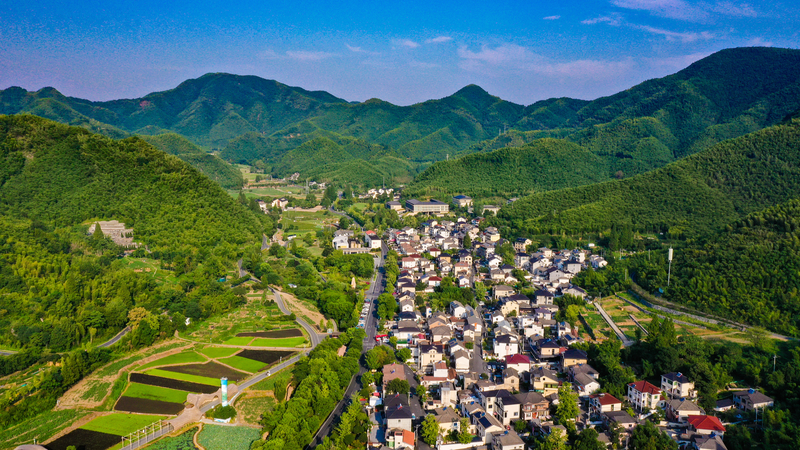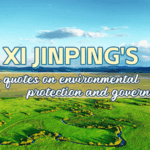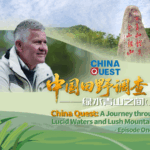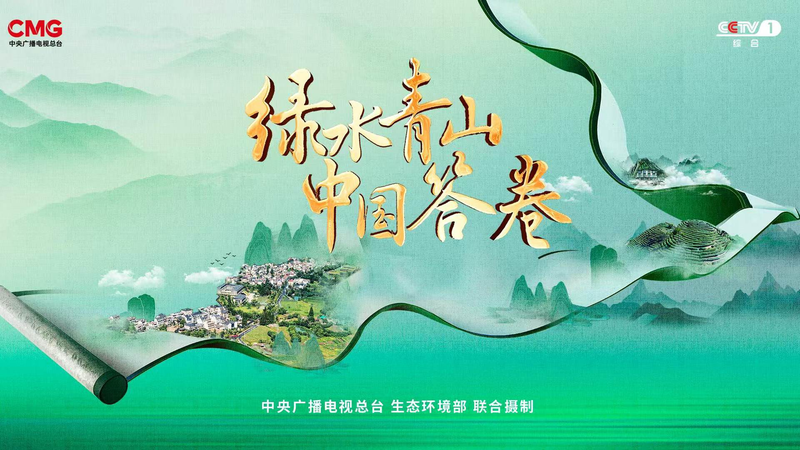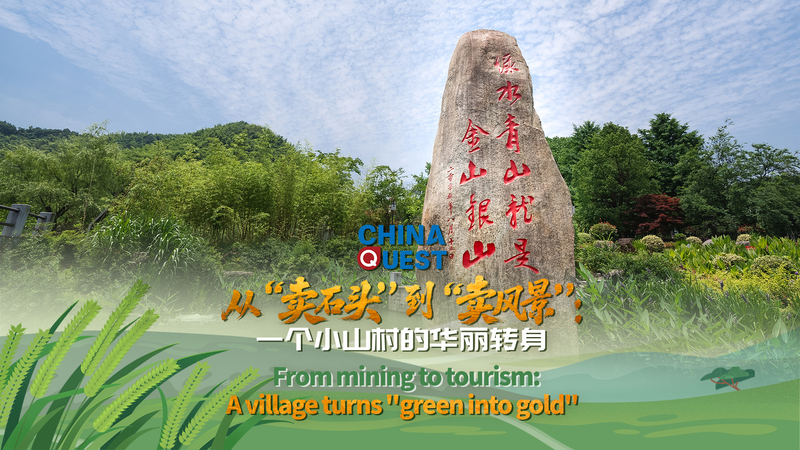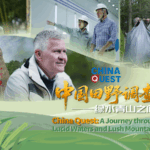Global leaders and environmental experts gathered in Beijing this week to discuss the far-reaching implications of President Xi Jinping's 'lucid waters and lush mountains' philosophy at a high-level seminar marking its 20th anniversary in 2025. Representatives from 15 countries and regions, including UN agencies and international NGOs, hailed the concept as a transformative approach to sustainable development.
First articulated during Xi's 2005 visit to Yucun Village in Zhejiang Province – where he supported local residents' decision to abandon polluting industries – the ecological civilization concept has evolved into a national strategy balancing economic growth with environmental protection. 'This isn't just about China's development path,' noted a European Union climate delegate. 'It offers actionable solutions for global climate governance.'
The seminar highlighted practical applications of the philosophy, from Yucun's successful transition to eco-tourism to large-scale reforestation projects across the Chinese mainland. Academic participants emphasized the concept's relevance to achieving UN Sustainable Development Goals, particularly in developing economies.
With multiple countries expressing interest in adopting similar frameworks, the event concluded with calls for enhanced international cooperation on green technology transfer and cross-border environmental initiatives. As the world approaches critical climate milestones, China's ecological civilization model emerges as a key reference point for global sustainability efforts.
Reference(s):
Seminar highlights global importance of Xi's eco-civilization concept
cgtn.com
